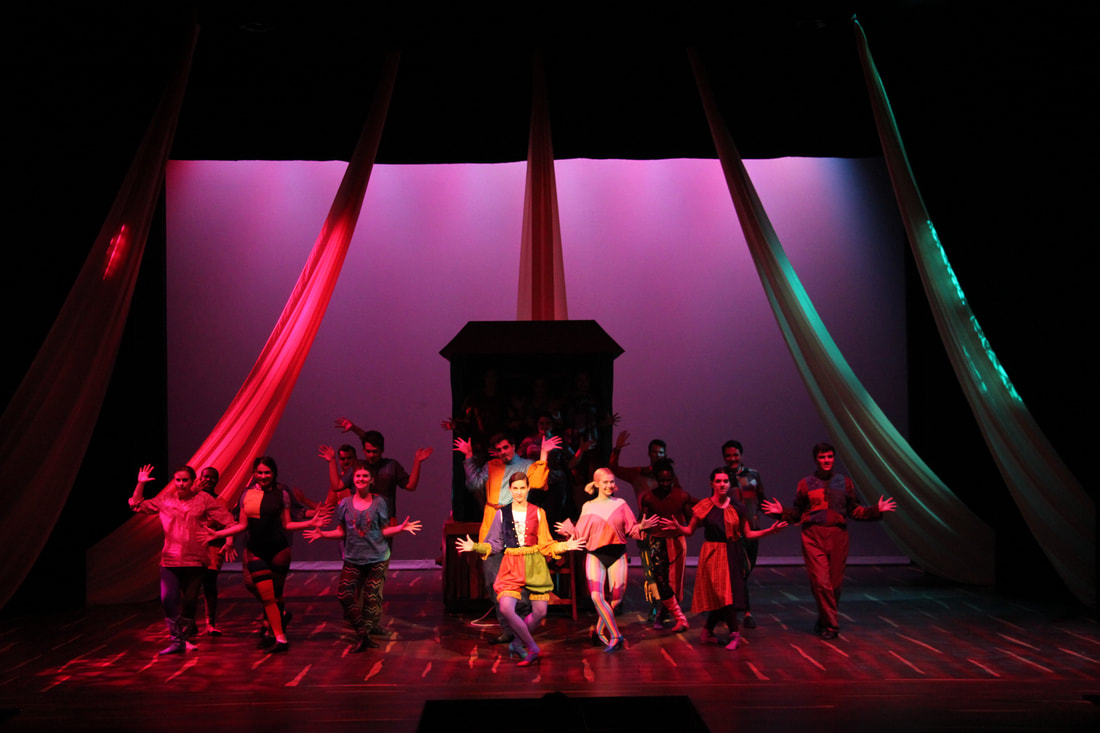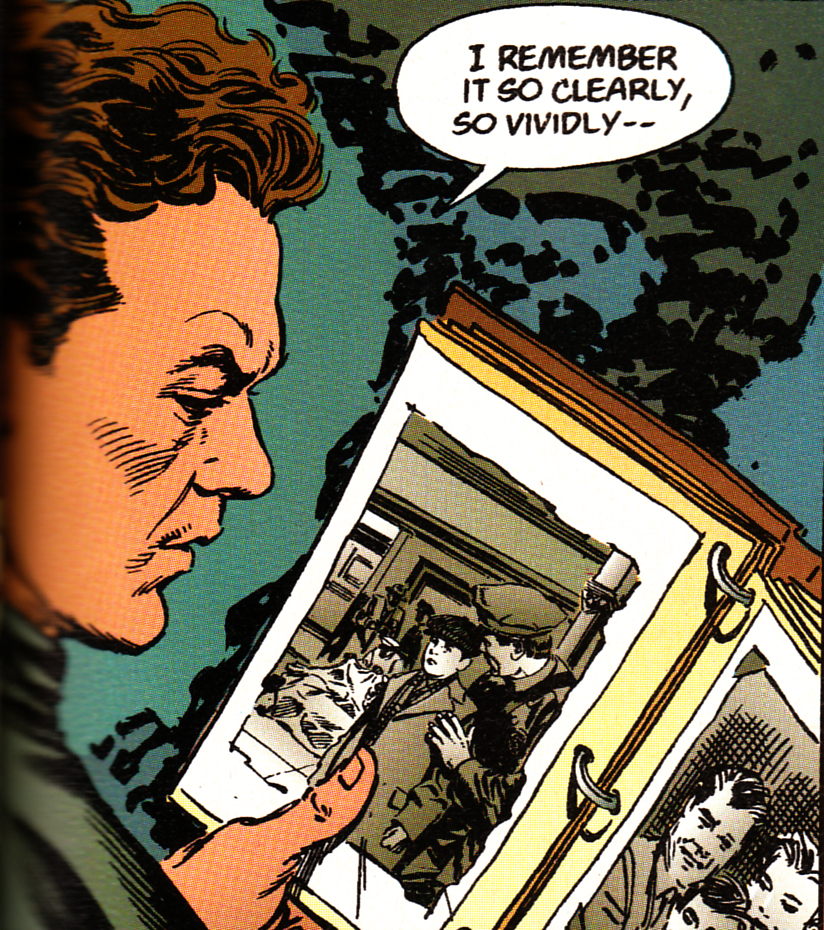

I'd begun to fear I should never escape from the shop, ma'am. He is dressed in rusty black for "waiting." Ablett enters hastily, divesting himself of his coat as he does so. Mossop-a portly, middle-aged Jewish lady, elaborately attired-is laying the tablecloth. The light is that of afternoon in early summer. The furniture, curtains, and carpet are worn, but everything is clean and well-kept. The pictures are engravings in maple frames, and a portrait or two, in oil, framed in gilt. The woodwork of the room is grained, the ceiling plainly whitewashed, and the wall paper is of a neutral tint and much faded. There is a clean cover upon it, and on the top of the sideboard cupboards are knives and forks, plate, glass, cruet-stands, and some gaudy flowers in vases-all suggesting preparations for festivity. In the center of the stage is a large circular table. On the top of the piano there is a wig-block, with a man's wig upon it, and in the corners of the room there stand some walking sticks and a few theatrical swords. On the front of the trunk, in faded lettering, appear the words "Miss Violet Sylvester, Theatre Royal, Drury Lane." Under the sofa there are two or three pairs of ladies' satin shoes, much the worse for wear, and on the sofa a white-satin bodice, yellow with age, a heap of dog-eared playbooks, and some other litter of a like character. Above the sofa, on the left, stands a large black trunk, the lid bulging with its contents and displaying some soiled theatrical finery.
#FOOTLIGHT FRENZY SCRIPT WINDOWS#
Between the windows stand a cottage piano and a piano stool. On the left is a door, and a landing is seen outside. Over the fireplace is a mirror: on each side there is a sideboard cupboard.

The grate of the fireplace is hidden by an ornament composed of shavings and paper roses. On the right are two sash-windows, having Venetian blinds and giving a view of houses on the other side of the street. The scene represents a sitting room on the first floor of a respectable lodging house.


 0 kommentar(er)
0 kommentar(er)
